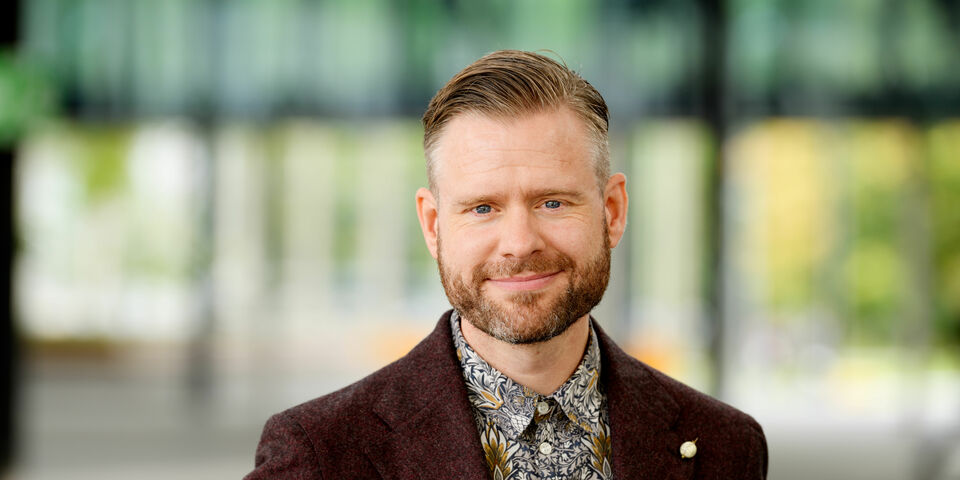Lakens new head of ethical committee
Daniël Lakens has become the new chair of TU/e's Ethical Review Board. Taking up the position today July 1st, the associate professor at Human-Technology Interaction succeeds emeritus professor Anthonie Meijers, who headed up the review committee from its inception two years ago. Lakens has been appointed for four years.
The Ethical Review Board (ERB) makes advance assessments of research proposals where test subjects are involved or recognizable data on individuals is handled. Since January 1st 2020 this review is mandatory for all employees and students of TU/e. The primary aim is to protect test subjects. But a careful review is also useful for the researchers themselves, Lakens emphasizes. “Increasingly, journals and grant providers expect an ethical review to have taken place.” There are also academics who investigate whether other academics are keeping to the rules, he knows. “In short, plenty of reasons for properly following the procedures.”
The ethical review of research proposals is an area with which the brand new ERB chair is well acquainted. Human-Technology Interaction (HTI), whose work routinely involves test subjects, was the first research group at TU/e to have its own review committee - of which Lakens was a member. The present ERB, on which Lakens was already representing his department IE&IS, is building on the knowledge of the HTI committee. The associate professor also teaches courses on research ethics.
Time-consuming
Moreover, in his work as a social psychologist, Lakens is also familiar with the other side of the review process. “As a researcher I've filled in a fair few of these forms myself, so I am more than aware that it can be a time-consuming procedure.” And so he would like to see the process speeded up and made more flexible. “We have already started another wave of digitalizing the procedure, which is going to save our secretary Jolanda Habraken a lot of paperwork. This will give her more time to work on the procedures themselves.”
Another issue requiring Lakens' attention is the protection of personal data. “Our handling of ‘data privacy’ needs streamlining. If it were up to me, we would start treating data from similar studies in the same way. At present, this point is addressed for each individual project, but as far as I'm concerned, this is unworkable.”
Shell
It should be noted that the work of the ERB is limited to research involving test subjects and does not extend to questions of medical ethics nor the question whether as an institution that presents itself as sustainable TU/e should wish to be collaborating with, say, Shell. “These are unquestionably important discussions, but not the job of an ERB, which doesn't have the necessary expertise; this decision has little to do with weighing up the cost to research participants against the benefits to science,” says Lakens. “If the ERB were to start addressing ethical considerations of this nature, function creep would set in - the ERB would have more power than a body like this should have. And that's not what you want.”


Discussion